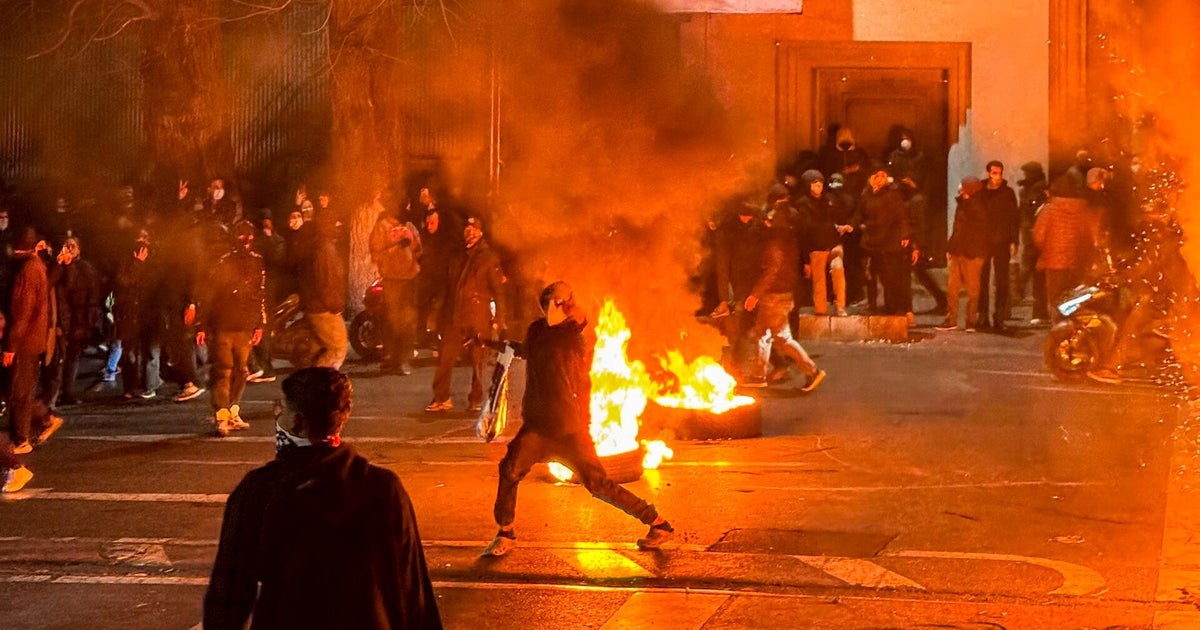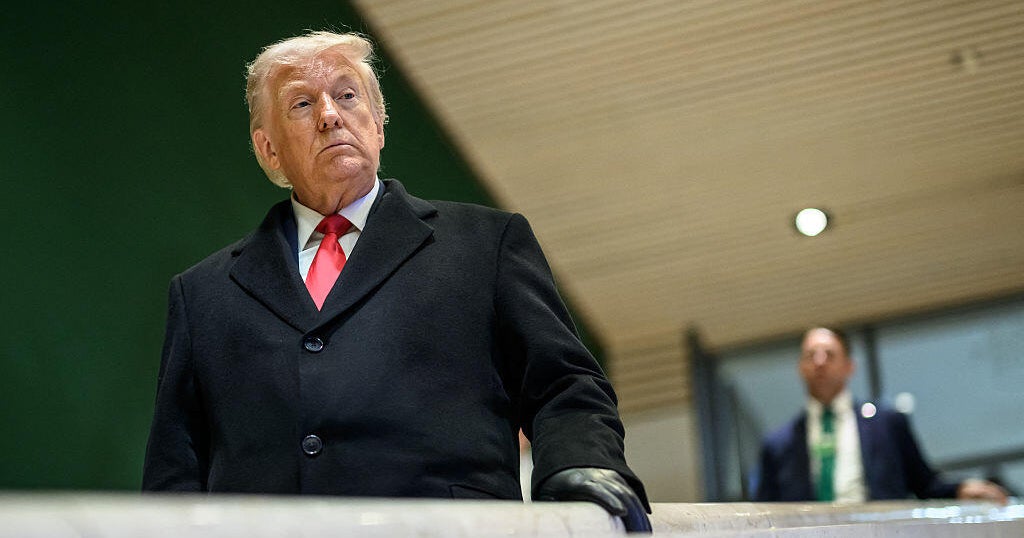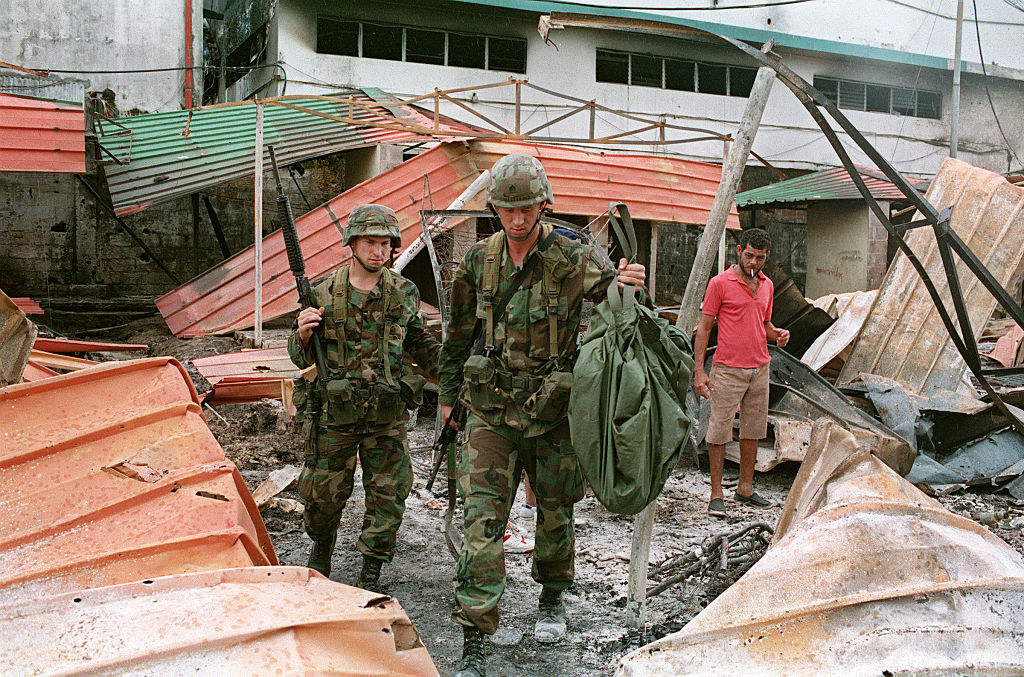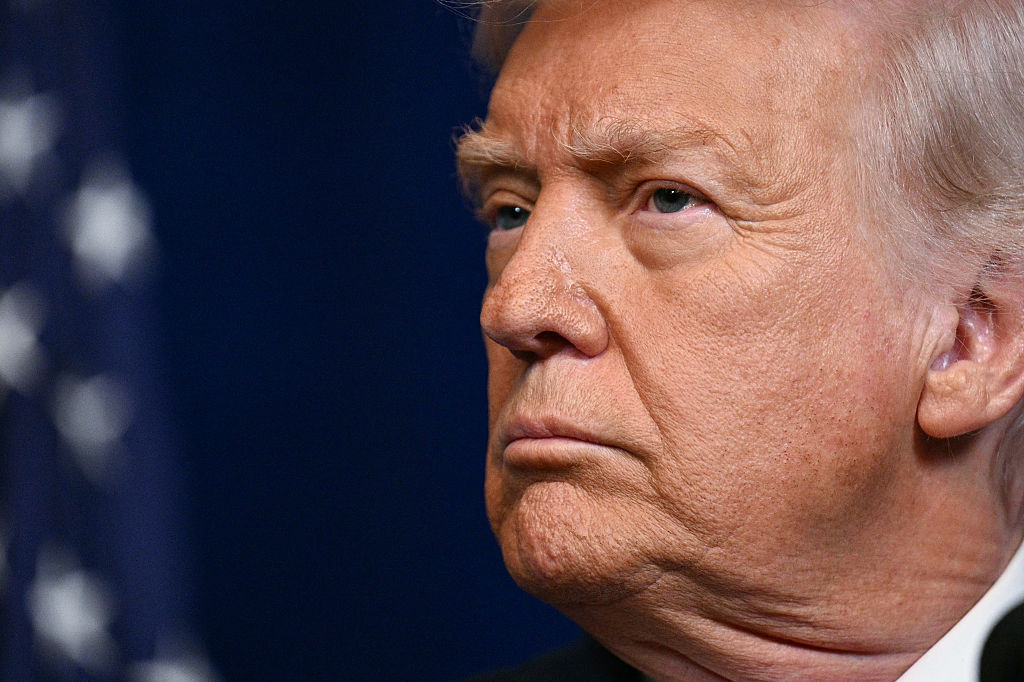Iran's Revolutionary Guard says no fear of war with U.S., top diplomat says no interest in talks
Tehran, Iran -- Iran's influential Revolutionary Guard said Tuesday it doesn't fear a possible war with the United States and claimed that America hasn't grown in power in recent years -- the latest tough talk from Tehran amid escalating regional tensions and a crisis with Washington.
"The enemy is not more powerful than before," said the Guard spokesman, Gen. Ramazan Sharif.
Meanwhile, Iranian Foreign Minister Mohammad Javad Zarif appeared unimpressed with Japan's offer to mediate in the crisis, saying Mr. Trump should make his intentions clear about any talks with Iran through actions, not words.
Zarif accused the Trump administration of "hurting the Iranian people & causing tension in the region" with the sanctions, and added that "actions - not words - will show whether or not that's @realDonaldTrump's intent."
In Japan on Monday, President Trump said he'd back Prime Minister Shinzo Abe's efforts to open a communication with Iran. "I do believe Iran would like to talk and if they'd like to talk, we'll talk also," he said.
Iran has said it has no interest in negotiations with Washington following Mr. Trump's pullout from the nuclear deal and the re-imposing of sanctions on Iran.
However, Iran's foreign ministry spokesman, Abbas Mousavi, tempered his minister's remarks by saying that Iran would "wait and see" before deciding on any offers of negotiations.
Tensions between Washington and Tehran soared recently over America deploying an aircraft carrier and B-52 bombers to the Persian Gulf over a still-unexplained threat it perceives from Tehran. The U.S. also plans to send 900 additional troops to the Mideast and extend the stay of another 600 as tens of thousands of others also are on the ground across the region.
The crisis takes root in President Trump's withdrawal last year of the U.S. from the 2015 nuclear deal between Tehran and world powers that capped Iran's uranium enrichment activities in return to lifting sanctions. Washington subsequently re-imposed sanctions on Iran, sending its economy into freefall.
Mr. Trump has argued that the deal failed to sufficiently curb Iran's ability to develop nuclear weapons or halt its support for militias throughout the Middle East that the U.S. says destabilize the region, as well as address the issue of Tehran's missiles, which can reach both U.S. regional bases and Israel.
Speaking at a press conference in Tehran, Sharif said the Guard doesn't "support engaging in any war" while at the same time it doesn't "fear the occurrence of a war."
"We have enough readiness to defend the country," he said, adding that Iran has boosted its military power over the past 30 years.





